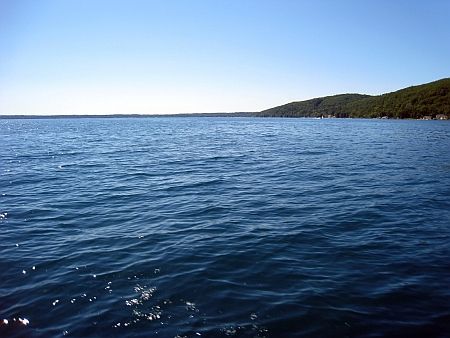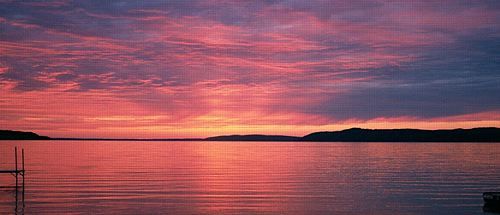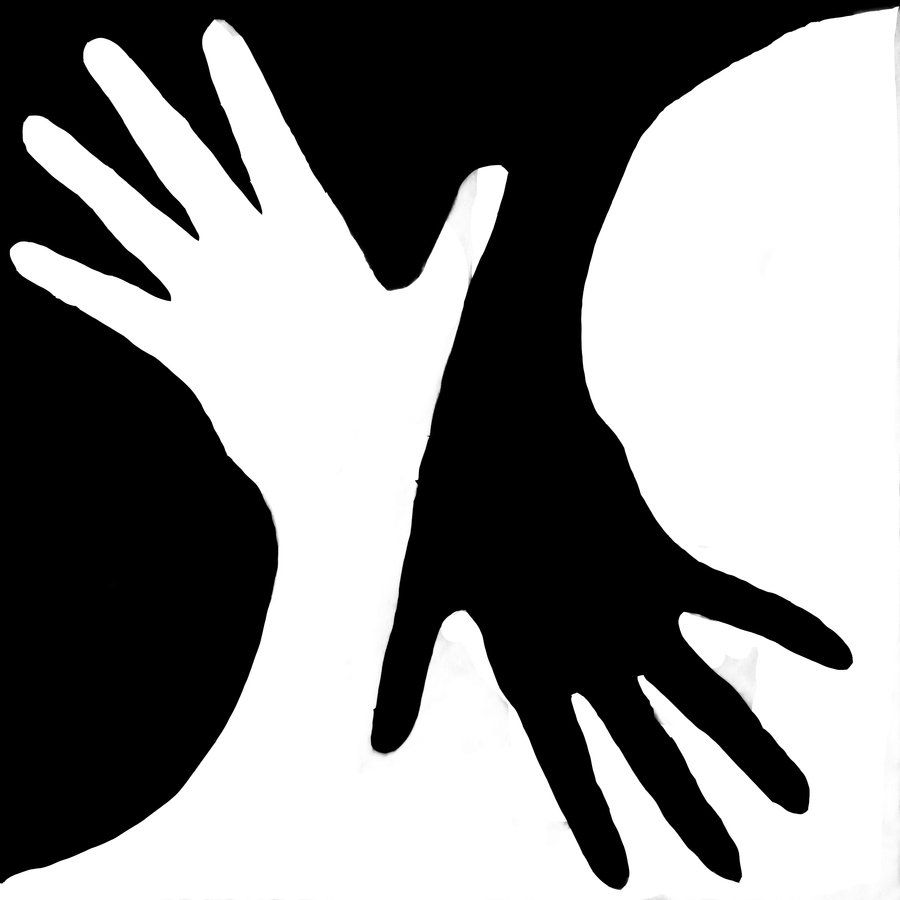I am a rather unkempt Christian. I grew up attending services at a local Congregational church, learning my verses and slowly losing trust in all the rituals of religion. College pretty much flushed whatever faith I had left and turned me into a full on agnostic, who, while having none of the answers was pretty sure I was right that this was it and nothing more. This is why I do get some of my atheist acquaintances who twist in the wind at Christmas time and bring to bear all the intelligent, rational arguments. Really. Angels? Stars? Wise men? Retelling Mithraic reincarnation myths in the framework of the winter solstice? You know the Romans hijacked every religion they came in to contact with in order to maintain the peace. Miracles, fairytales, Crusades, the Spansih Inquisition, tent revivals, creationism, no choice, stupid, ignernt, redneck, Ted Cruz. Let us not forget water into wine, which is always good for a few laughs. And I am sure I have left something out.
All of that disdain and ridicule is enough to make any reasonable believer scuttle away and question God, the universe, Jesus, you name it. And I consider myself a rational, relatively intelligent person. But my road to Damascus led through my dying husband's hospital room, and his dark gaze focused into the distance, seeing . . . something, a flash of light, a sense of recognition. Then, eyes drifting closed, forever. A voice said, as clearly as if it was whispered in my ear "I am here". And so it was that I began to find my way back to my faith, a witness to things that I have seen and may yet be revealed, even to tired, cynical, old me. Every day, a fragment of truth, a shred of understanding, a step closer to going home. I don't defend my faith, I can't mount an apologia, because I am not really sure what to defend. It just is.
So here we are at Christmas, the solstice, the dark time of the year. And the story is told again of an itinerant couple, she heavily pregnant, in a city where every door is closed to them except the gate to a stable, filthy with manure, straw and animals. She turns and twists in her agony, spilling forth in a wave of blood and fluid a baby, howling against the night. The most vulnerable of creatures, hands fisted in the straw, mouth wide, breathing, cells fizzing with energy, alive. The creation of life defies death, over and over and over; if you think about it for a moment, the spark of soul in each of us was passed down back to the very beginning of time, from that very first flash of light out of the darkness.
And maybe the sky that night was incandescent with angels, and ringing with music that fell like shards of crystal to the earth. Or, instead, it was just brilliant with stars, and the wind sighed through the desert hills. Perhaps people did make their way to the stable, bearing gifts, or just drifted by looking on in polite disinterest at the birth of a son. To my mind, it doesn't matter how the story is told. The message will always be the same: life endures because love endures. And part of faith is beginning to understand love in all its dimensions. If there is no love, it profiteth me nothing.
When I learned that verse out of Corinthians as a kid, it was the round and robust language of Elizabethan England; sounding brasses, tinkling cymbals, giving the body to be burned, through the glass darkly, charity. Charity? What the hell. Strong stuff for an eight year old. This didn't jibe at all with the Salvation Army bucket, soup kitchens or dropping nickels from my sticky hand into the collection plate. It was only as I grew older that I finally got it. Not charity, but love. And not love of one's self, or one's toys, or one's trophy spouse, but a love that encompasses all things, humming with brahmic energy throughout the universe. Maybe that wasn't what Paul meant either, but it works for me, and he's not here to argue about it. Life is love manifested. Love is life manifested.
It is a dark afternoon here, and the rain is pattering down outside through the leafless trees; a million, billion miles away in space and time from a cold winter's night outside a desert town, where life sparked, love bloomed and in one moment began to change the world. Now isn't so different than then. Life is nasty, short and oh so Hobbesianly brutish. Sometimes it seems humanity is at the nadir of its existence with bloody violence and death made Internet cool. There is a horribly grotesque menu of new and hideously painful ways for humans to inflict death on each other, and it seems like every year it gets just that much worse. Not such a great leap from Rome with its gladiators, its decadence, its death.
But here, on the darkest night of the year, at the blackest moment of despair, hope rises up; faith returns, love endures. We humans are yoked to the cycle of death and rebirth, whether in the seasons, social patterns or religious rituals. Persephone defeats Hades, winter yields to spring, a child is born, grows to manhood, gives his message, is murdered, returns saying: love each other, even in the black heart of death, because a life lived with that kind love vanquishes hate. So, take it as you will, believer or not, because it's a good message: love one another. In the face of a world gone mostly mad, I think Jesus would be ok with that.










